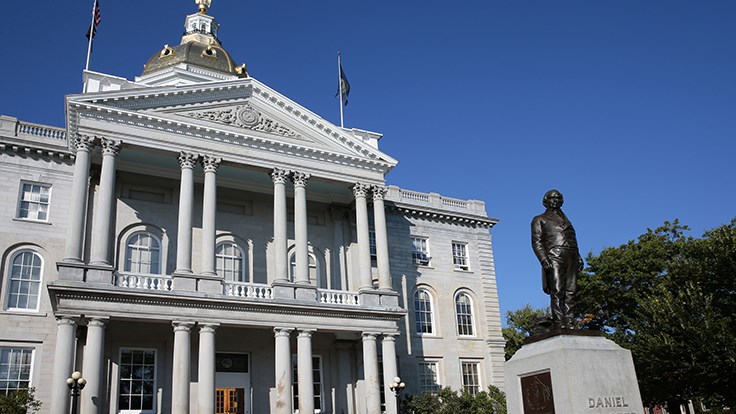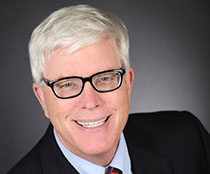New Hampshire may not be getting the recognition it deserves from the cannabis community. Last month the granite state decriminalized personal amounts of marijuana. The decision to pursue decriminalization came after multiple attempts from the public and the state senate to pass a recreational cannabis bill, that bill did pass in the house but then governor Maggie Hassan threatened to veto the bill, ultimately killing it. The state does have a limited medical marijuana program, it was recently expanded to include PTSD conditions for veterans to receive cannabis treatment.
That puts New Hampshire somewhere in the C+ range for cannabis supporters. Some medical patients can get the help they need. Recreational users don’t have to worry about arrest and imprisonment. And consider that almost 70% of constituents’ support marijuana and the state legislators are often very supportive of marijuana efforts (except former governor Maggie Hassan.)
This month the Live Free or Die state took a surprising step in drug policy reform by suing Purdue Pharma. The New Hampshire Attorney General’s office alleges that the drug manufacturer has pursued a deceptive marketing campaign of OxyContin. In October, the deputy administrator of the U.S. Drug Enforcement Administration called the state “ground zero” for the crisis.
In a civil complaint, New Hampshire’s Attorney General’s office alleges that Purdue Pharma has intentional downplayed the drug’s risk of addiction, exaggerated its uses and effectiveness, did not report suspicious prescribers, and even claimed that it was not possible to develop an addiction to the drug.
And the Attorney General is just getting warmed up. The office has been investigating half a dozen drug companies and their marketing practices for two years. Meanwhile, the state’s opioid problem has grown. 500 people died of overdoses in 2016 – nearly a ten-fold increase since 2000.
“To defeat the epidemic, we must stop creating new users, and part of that is making sure these highly addictive and dangerous drugs are marketed truthfully and without deception and in such a way as not to minimize addiction risks or overstate benefits to patients,” Deputy Attorney General Ann Rice said about the lawsuit.
A spokesman for Cranbury, New Jersey-based Purdue Pharma said that though it shares New Hampshire’s concerns about the opioid crisis and is committed to finding solutions, the company vigorously denies the allegations made by New Hampshire.
“OxyContin accounts for less than 2% of the opioid analgesic prescription market nationally, but we are an industry leader in the development of abuse-deterrent technology, advocating for the use of prescription drug monitoring programs and supporting access to Naloxone — all important components for combating the opioid crisis,” said Robert Josephson of Purdue.
According to the lawsuit, Purdue had four to six sales representatives who saw six or seven prescribers a day in New Hampshire from 2013 to 2015. One prescriber told prosecutors the message she received was that opioids were “safe, safe, safe, safe.”
credit:420intel.com













